We may earn money or products from the companies mentioned in this post. This means if you click on the link and purchase the item, I will receive a small commission at no extra cost to you … you’re just helping re-supply our family’s travel fund.
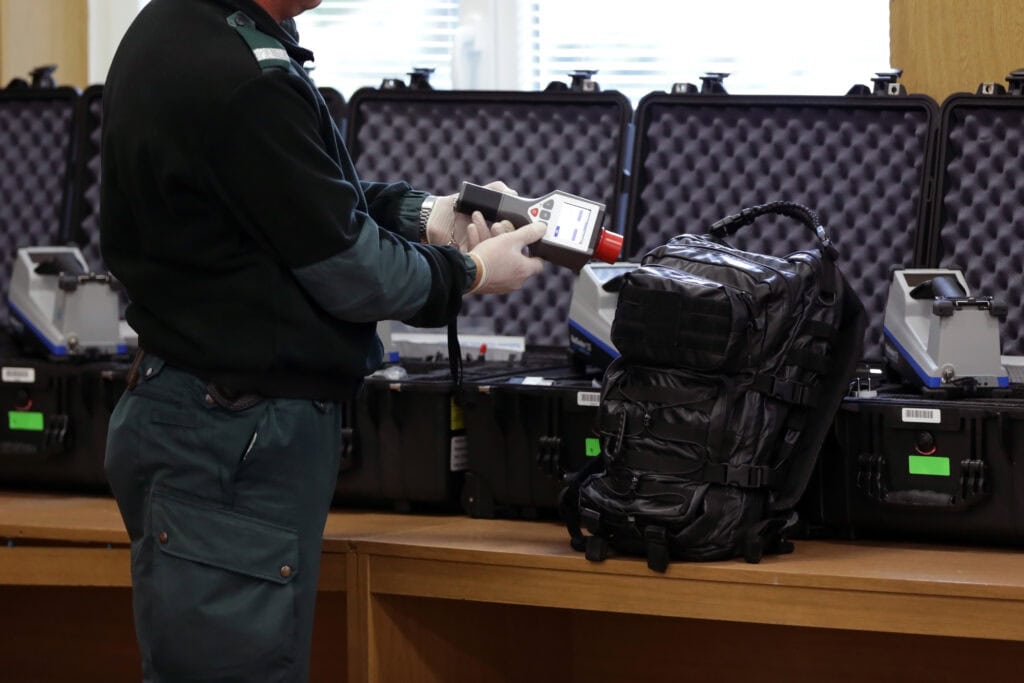
Airline rules are not written for fun. They exist because fires have started in cargo holds, cans have burst under pressure, and batteries have failed in ways no crew can easily fix midflight. Many of the things people use every day turn dangerous once they are sealed in a metal compartment with no one watching. Some items bring fines, others bring outright criminal trouble. Knowing the hard limits makes travel less stressful and keeps everyone on that flight a little safer.
Spare Lithium Batteries And Power Banks
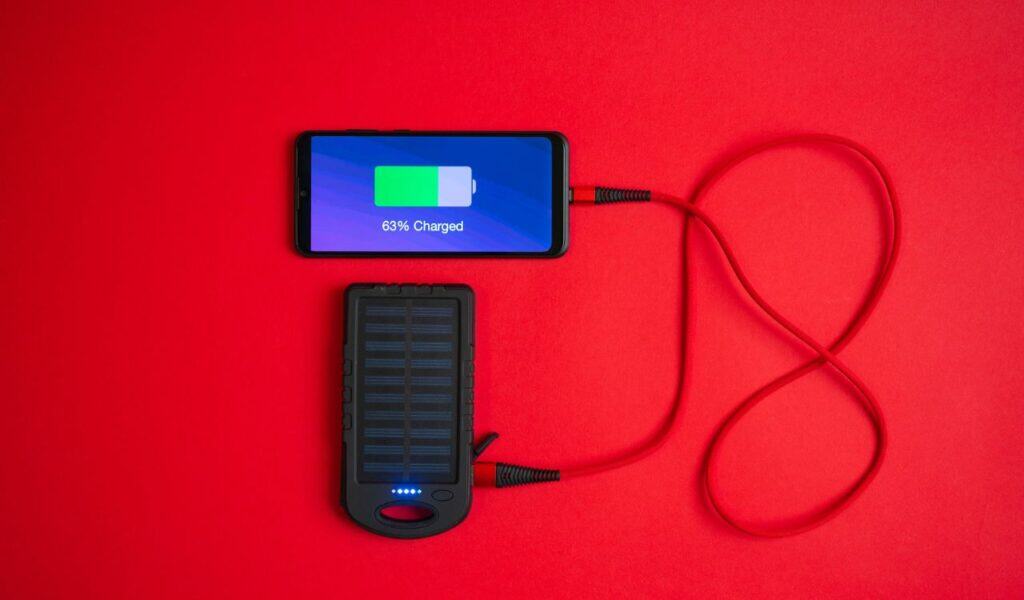
Spare lithium batteries look innocent next to headphones and chargers, but regulators treat them as one of the biggest fire risks on any aircraft. If a cell fails, it can overheat and start a chain reaction that is nearly impossible to manage in a closed cargo hold. That is why loose camera batteries, laptop spares, and power banks all belong in cabin bags, with terminals covered and no metal objects resting against exposed contacts.
E-Cigarettes And Vape Pens
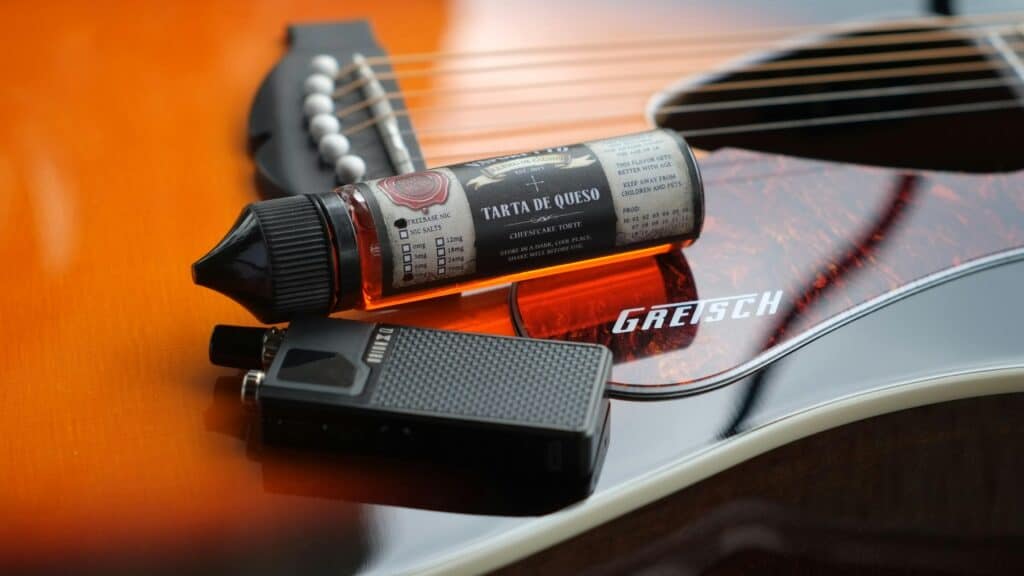
E-cigarettes and vape pens combine heating coils, liquid, and compact lithium cells in one small device. A bumped button in a suitcase can start the heating element without anyone noticing, and a runaway battery can fill a cargo compartment with smoke in minutes. For that reason, airlines ban these devices from checked luggage and insist they travel in the cabin, switched off, protected from accidental activation, and never charging during the flight under any circumstance.
Damaged Or Recalled Battery Devices

Phones, laptops, and tablets with swollen cases, cracked shells, or recall notices move straight into the danger zone. A damaged lithium battery has already signaled that something inside is not stable, so hiding it in a checked bag only removes it from sight, not from risk. Crews need a chance to see smoke or smell trouble. That is why many carriers refuse these devices entirely or require them in carry-on bags, powered down and closely watched.
Fireworks And Sparklers

Fireworks feel festive on the ground and incredibly reckless once someone imagines them in a metal tube full of baggage and fuel. Even small sparklers, party poppers, and novelty rockets contain explosive compounds that respond badly to pressure and heat changes. Aviation rules treat them like other explosives, banned from checked and cabin bags alike. Travelers who try to sneak festival leftovers into luggage risk confiscation, fines, and sometimes a very serious conversation with security.
Loose Gunpowder And Reloading Supplies
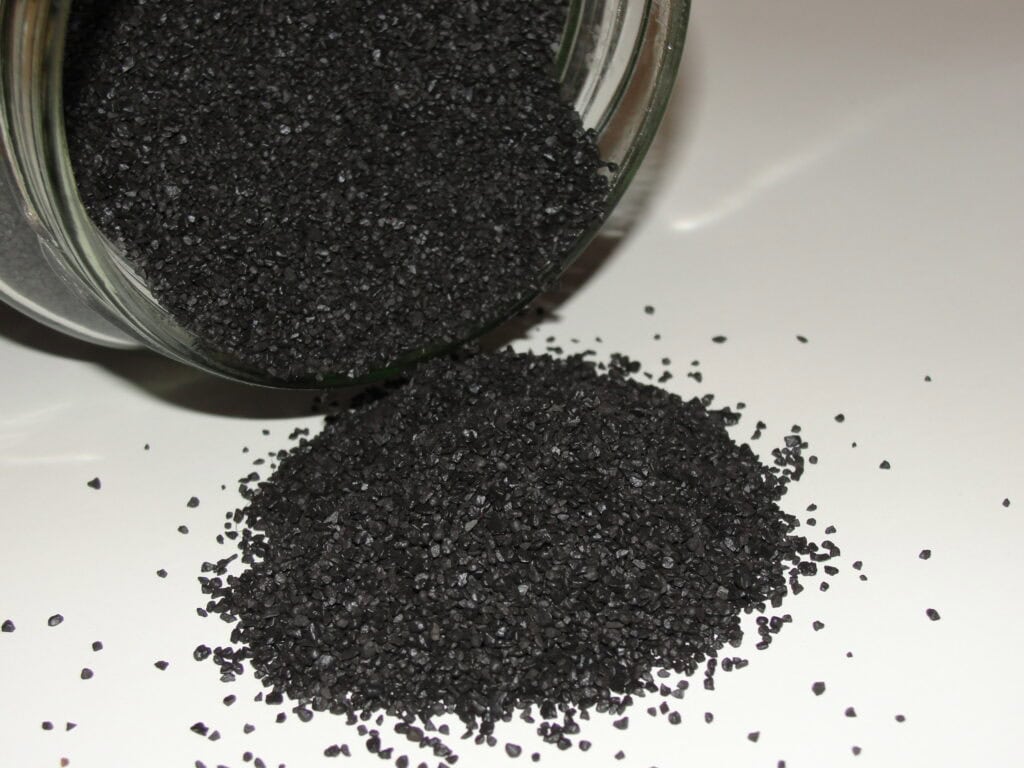
Loose gunpowder and many reloading components are designed to burn fast and hard, which is the last behavior anyone wants in a cargo hold. Small containers may seem harmless to a hobbyist who handles them daily, yet in a shifting suitcase they become a serious ignition source. Ammunition has narrow exceptions under strict packing rules, but powder itself does not. Airlines and security agencies treat these materials as prohibited, no matter how carefully they are wrapped.
Gasoline And Stove Fuel
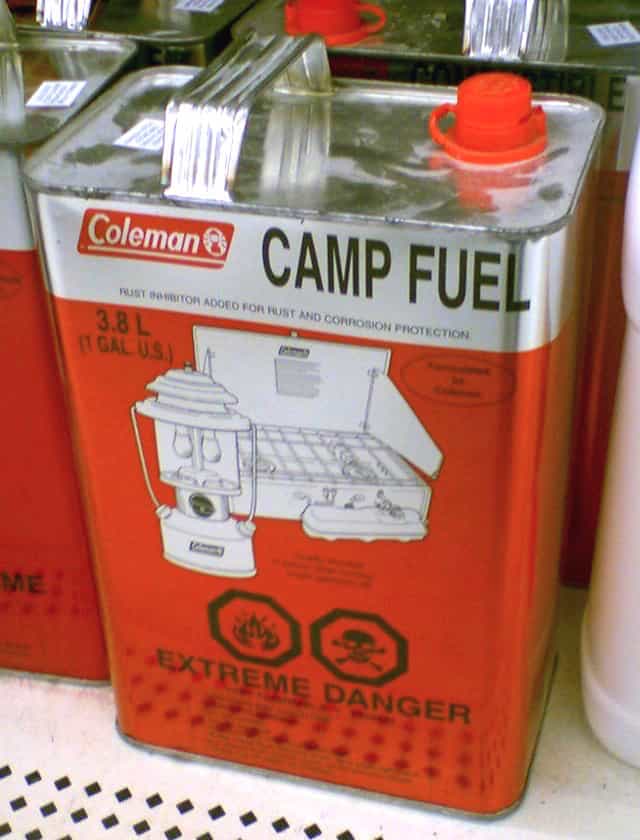
Gasoline, white gas, and lighter fluid tend to leak exactly when people hope they will not. Even an almost empty container can leave enough fumes to ignite if the cap loosens or the bottle cracks in transit. In a cargo compartment with wiring, bags, and equipment, a small leak becomes a major problem. That is why fuel remains firmly on the banned list for checked luggage, and camp stoves must be cleaned until no smell or residue remains.
Torch Lighters And Lighter Refills
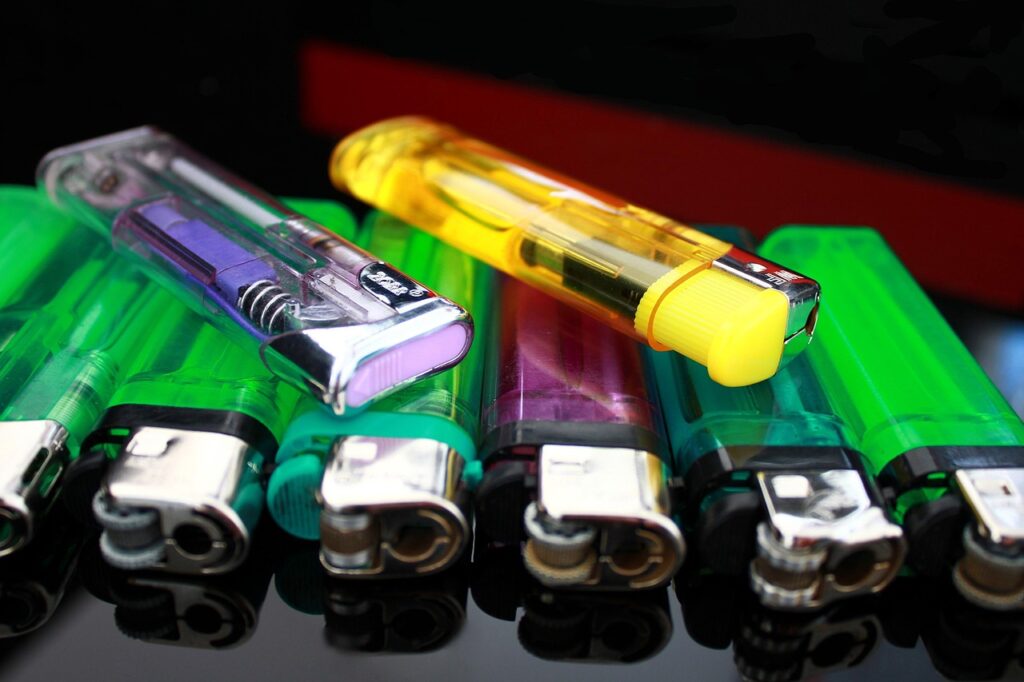
Torch lighters focus a very hot flame from a pressurized tank, which makes them handy for cigars and terrible for baggage systems. Their valves and adjustable jets do not always react kindly to rough handling. Fuel refills such as butane canisters and liquid lighter fluid are treated as flammable cargo that belongs in freight channels, not family suitcases. Standard disposable lighters often have limited allowances in cabin bags, but powerful torch versions usually do not get that pass.
Strike-Anywhere Matches

Strike-anywhere matches carry the ignition compound on the tip, ready to light when scraped against many surfaces, not just a special strip. In a suitcase, that means zippers, hardware, and friction from other items can generate a spark with no warning. Safety matches have tighter rules and limited allowances, but these more sensitive versions are typically banned from both checked and carry-on bags. Security agents seize them regularly, often to the surprise of unprepared travelers.
Bleach And Strong Cleaners
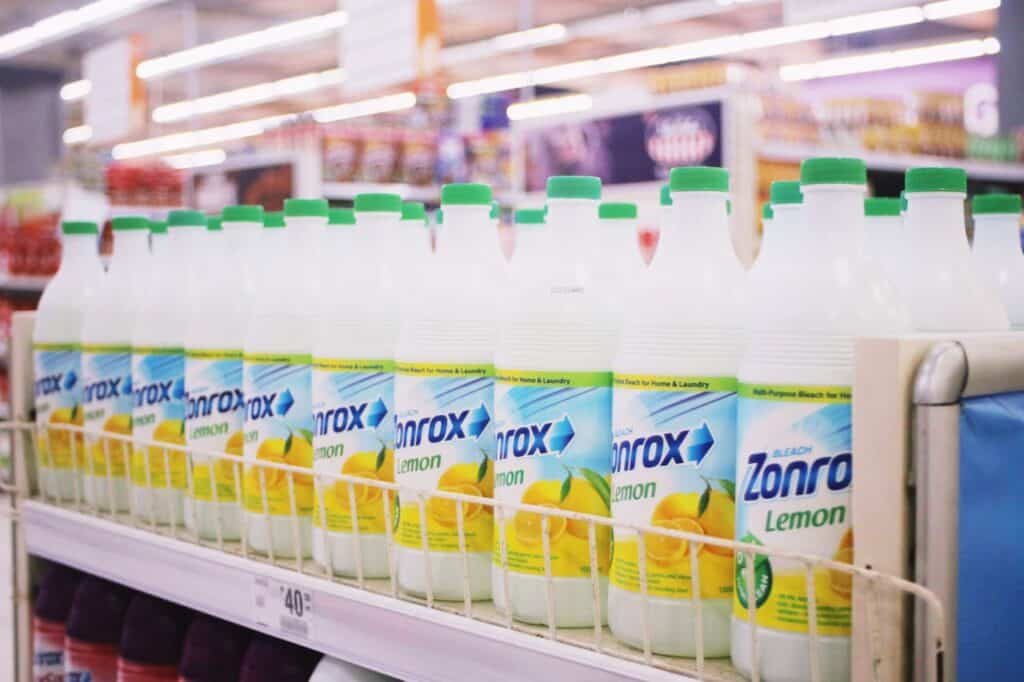
Bleach, drain opener, and concentrated oven cleaner belong in utility closets, not cargo holds. These liquids are corrosive, capable of eating through fabrics, metal, and skin if a bottle cracks. A spill in a baggage compartment can damage luggage, freight, and even structural components of the aircraft. Regulations classify them as hazardous materials that must ship under strict conditions, never in ordinary checked bags beside clothes, gifts, and someone else’s suitcase.
Paints, Solvents, And Thinners
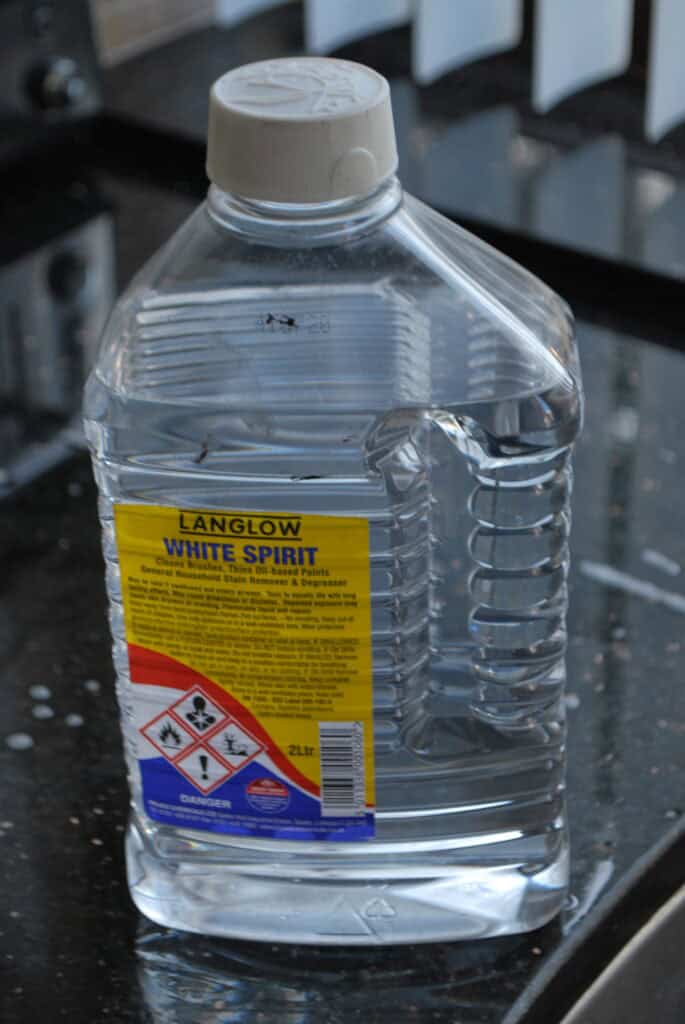
Oil based paints, varnishes, and strong solvents do more than leave stains if something goes wrong. Many of them release flammable vapors, and their containers can break or vent under pressure. A single leaking can in the cargo hold can spread fumes and liquid across a stack of bags in minutes. Aviation rules reflect that risk by banning most of these products from passenger baggage, even when lids are taped and cans are packed inside extra plastic.
Bear Spray And Large Pepper Spray
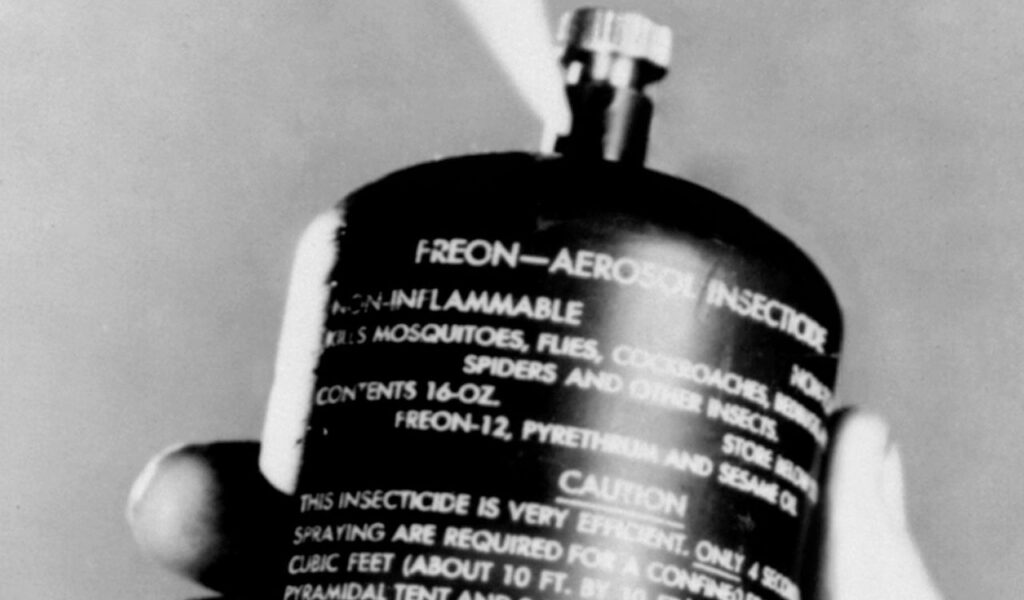
Bear spray and large pepper spray canisters are essentially portable clouds of pain, housed in pressurized containers. If one leaks or ruptures in a cargo compartment, ground crews and inspectors may be the first ones to suffer the effects, with coughing and eye irritation that slow every task. Because of that, airlines usually forbid big canisters from both checked and cabin bags. Small personal sprays sometimes qualify for limited allowances, but even those face strict size and content rules.
Other Blog Posts You Might Enjoy
www.idyllicpursuit.com (Article Sourced Website)
#Items #Legally #Pack #Checked #Luggage #Idyllic #Pursuit
